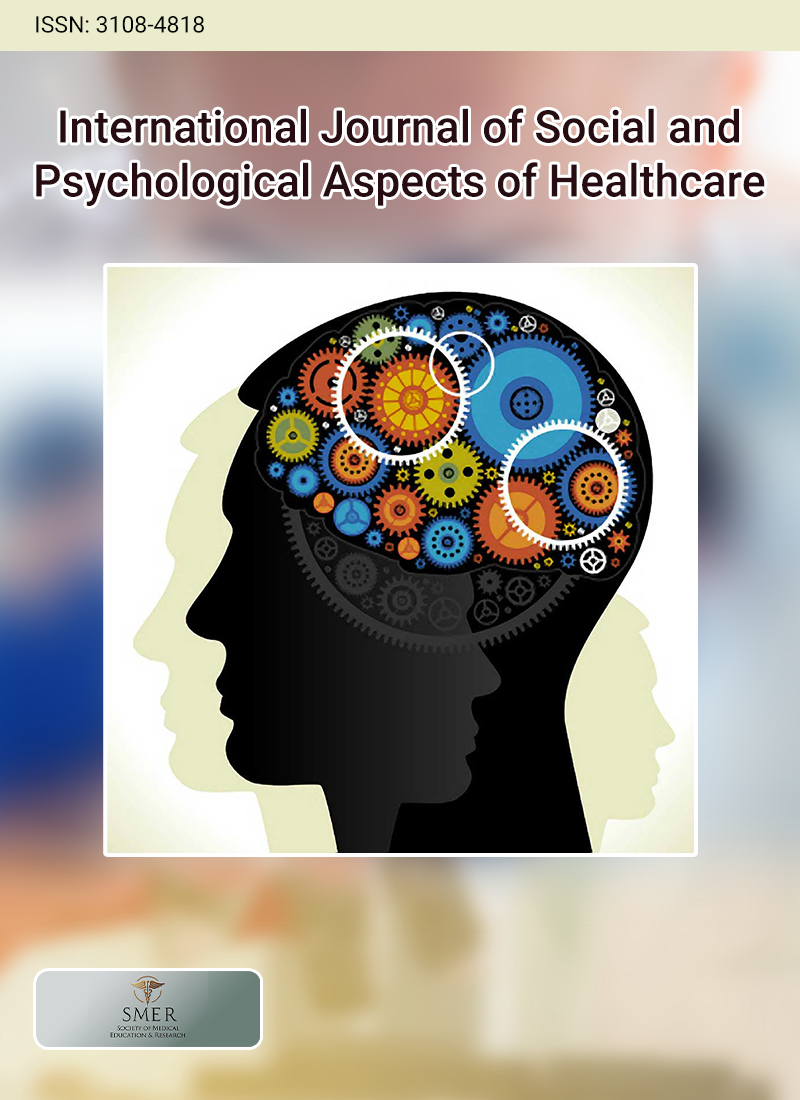
Pregnancy and early motherhood can significantly influence women’s health and wellbeing, as well as child development. Migrant women often face additional stressors related to the intersections of gender, ethnicity, social class, migration experiences, and language barriers. This study examines the lived experience of a Somali woman navigating pregnancy and early motherhood after relocating to an urban setting in the Global North, with a focus on understanding resilience in her socio-cultural context. A single-case design was employed, using interpretative phenomenological analysis of a two-hour semi-structured interview with a Somali woman living in the UK. The study aimed to generate insights applicable to community programs and health practitioners working with migrant populations. Analysis revealed two central patterns: cycles of challenge and limitation, and cycles of growth and engagement. These patterns captured her movement from social isolation and low wellbeing toward increased confidence, participation, and community involvement. Experiencing alignment within her social networks was pivotal in shifting from negative to positive cycles, facilitating escape from isolation. This case underscores the importance of community organizations and peer support in promoting connectedness and resilience for migrant women during pregnancy and early motherhood.